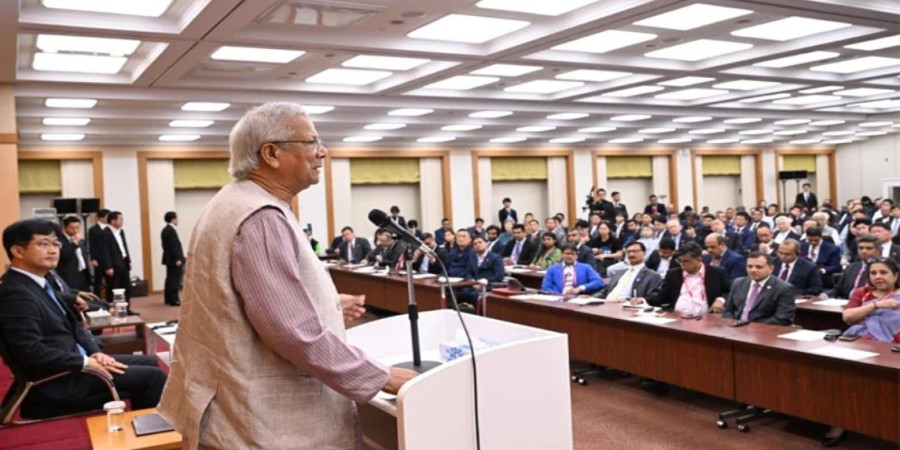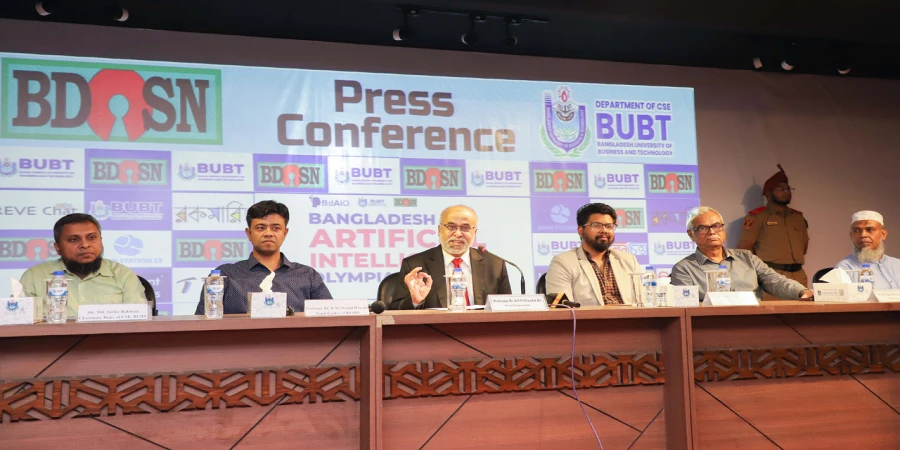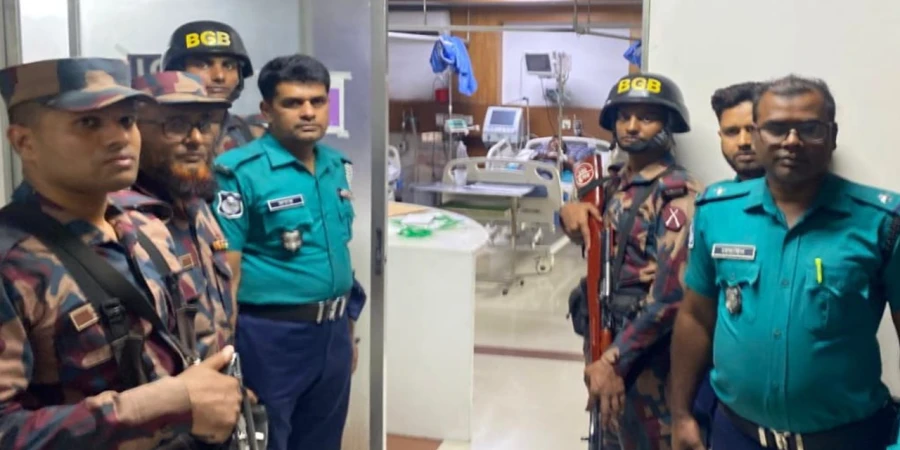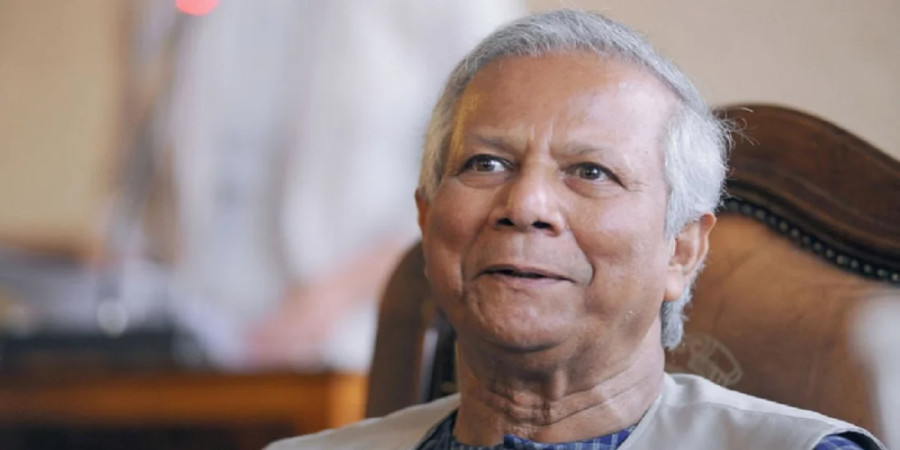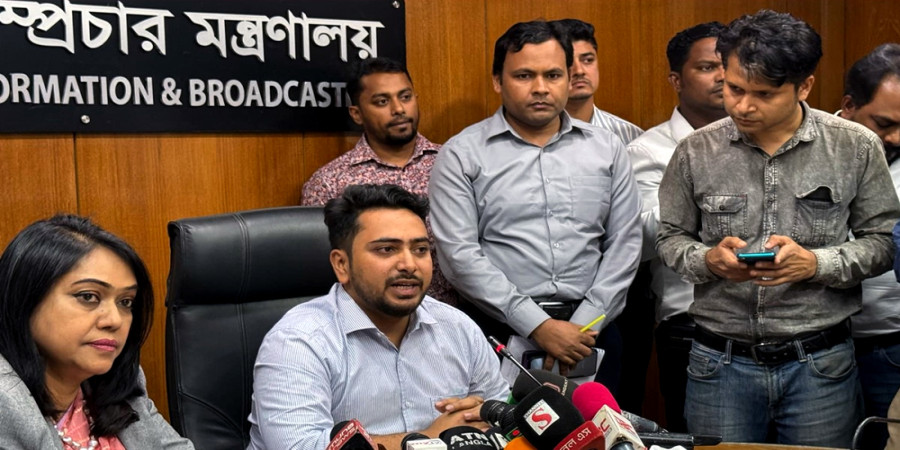
ছবি: Nahid Islam, Advisor to the Ministry of Information and Broadcasting. Collected photo.
There is no pressure on the media from the government, and the media must utilize this freedom to boldly and objectively report the truth, stated Nahid Islam, Advisor to the Ministry of Information and Broadcasting. Nahid made these comments during a meeting with the editors of daily newspapers held on Tuesday at the ministry's conference room.
Addressing growing misinformation and propaganda against Bangladesh, Nahid noted that various conspiracies about the government and the nation are being spread across social media and international media outlets. He mentioned that even some media in neighboring countries are involved in disseminating misleading information.
Nahid emphasized that this disinformation is not only against the government but also targeted at Bangladesh as a whole. He called on the government and all media stakeholders to unite in countering these narratives by presenting accurate information. "We have discussed ways to counter the misinformation, and we gathered everyone’s perspectives on the issue," he said.
Underlining the importance of a free flow of accurate information, Nahid urged the media to take the lead in preventing the public from being misled by rumors and false information.
Highlighting the role of media in anti-discrimination movements, Nahid said that stories of the sacrifices made by students and citizens in protests must be preserved. He called on the media to actively honor the memories of those injured or martyred in such movements.
Reflecting on the media climate under previous regimes, Nahid criticized the oppressive rule of former authoritarian governments, during which journalists were too afraid to publish the truth. “That era is over,” he affirmed, urging journalists to now freely report on past incidents of disappearances, corruption, and other abuses.
Welcoming constructive criticism of the government, Nahid reiterated the interim government’s belief in media freedom and expressed the expectation that the media will effectively disseminate accurate information to the public.
Regarding reforms, Nahid said that the government has established a commission dedicated to media reform, and restructuring efforts will be based on the commission’s recommendations.
During the discussion, editors affirmed that there is currently no government interference in media operations, which has fostered an environment for independent journalism. They acknowledged the media's crucial role in supporting good governance, noting that if the media had fully performed its role over the past 16 years, the rise of authoritarianism might have been prevented.
Editors also requested a separate policy for English-language newspapers during the discussion.
The meeting was attended by Mahbuba Farzana, Secretary of the Ministry of Information and Broadcasting; Abul Kalam Mohammad Shamsuddin, Director General of the Department of Films and Publications; Muhammad Abdullah, Managing Director of the Bangladesh Journalist Welfare Trust; and editors and representatives from several daily newspapers.
repoter



